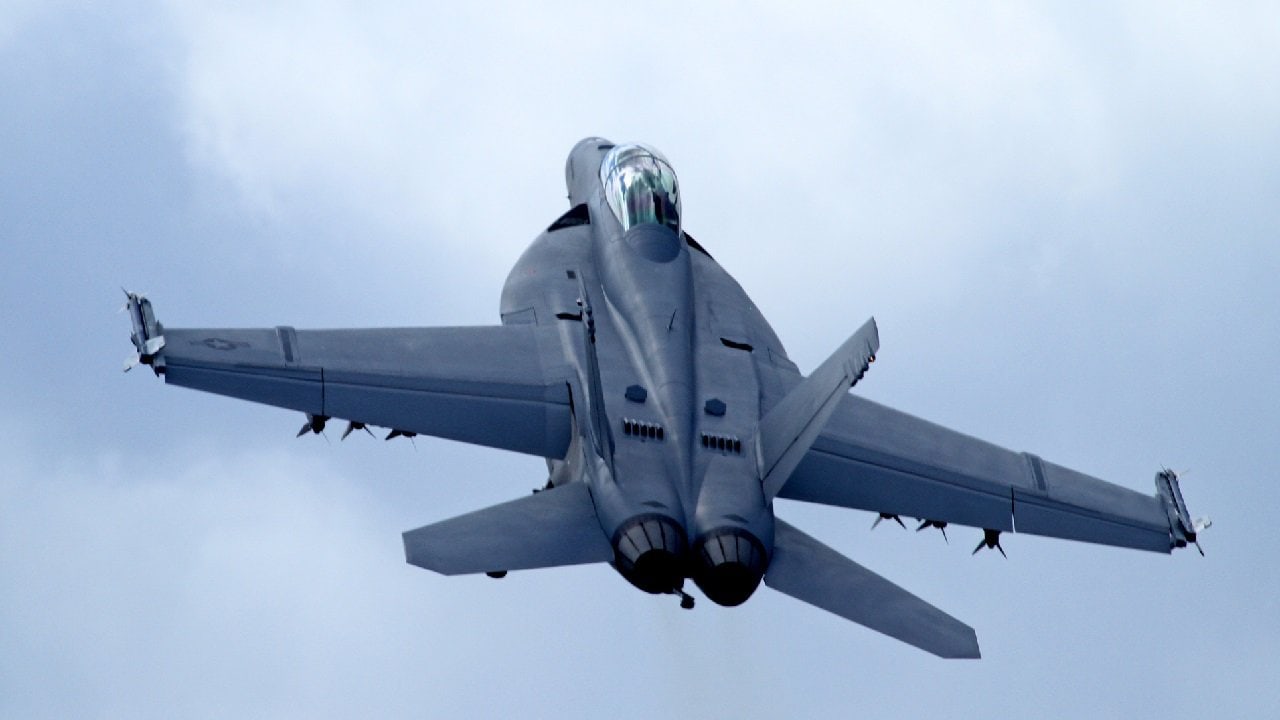The Islamic Republic of Iran is currently engaged in a long-standing conflict against both Israel and the United States. Against the backdrop of the Islamic Revolution, the new ruling theocracy would declare a fatwa and call to arms against the West and Israel, which the Mullahs see as their primary obstacle to exporting their theocratic power across the region.
However, after four decades of strict Islamic laws, public flogging, thousands of executions, and nationwide protests, the Mullahs are even more unpopular than ever. Facing a socioeconomic recession, multiple separatist movements, hostile neighbors, and brewing conflicts in the region, the ruling Mullahs face a crossroads over a potential direct war with Israel or America.
Current State of Iran
Taking power from the Pahlavi Dynasty of Iran, the current goal of the Supreme Leader Ayatollah Khomeini and his ruling clerics was to export their theocratic influence across the Middle East.
The resulting policies put the now Islamic Republic in direct conflict with countries such as Iraq, the UAE, Saudi Arabia, and Israel. Iran’s Revolutionary Guard Corps, the IRGC, which is the Mullahs’ personal army, would directly create Hezbollah to solidify their hold over a war-battered Lebanon.
Other regional militant groups, such as Hamas, Palestinian Islamic Jihad, Ansar Allah, and the Iraqi Popular Mobilization Forces, would all be directly supported with funds and training from the IRGC. These factions have either attacked US Forces or allied partners in the Middle East over the past several decades.
Despite a growing regional network, the Islamic Republic is experiencing a blowback inside the country. Periods of nationwide protests continue to take place every several years that continue to gain unwanted international attention that the Mullahs attempt to avoid.
Economic turmoil continues to hamper Iran’s progress, and instead of addressing socioeconomic conditions, Tehran continues unpopular international operations.
The More Repressive the Regime, the More anti-Islamic Sentiments Grows
Not only exporting terror across the region, the ruling clerics also run a hardline theocracy, which is increasingly becoming unpopular amongst Iranians. According to the Women NCRI monitoring site, over 120,000 executions of Iranians have taken place since 1981 for not following Islamic law.
The current President of Iran, Ebrahim Raisi, is commonly known as the ‘butcher of Tehran’ as he took part in the “death committee.” The committee is full of top clerics who run kangaroo courts, sentencing tens of thousands of Iranians to death without proper due process.
Raisi, like Khamenei and IRGC commanders, is becoming more unlikeable by Iranians, so much so that there have been growing protests every few years, such as the Masha Amini Protests.
In the aftermath of the most globally covered Iranian protest, the Mullahs enacted their most hardline measures in a decade, executing over 853 people in 2023, the most since 2015. The majority of those executed were dissidents who took part in the Masha Amini Movement.
Due to the archaic laws of the Mullahs, Islam is becoming increasingly unpopular in Iran, particularly amongst the younger generation. Statistics in an excerpt in the Journal of Democracy show that in 2000, 3/4ths of Iranians did not say Islamic prayers, and in 2009, over half of the country’s mosques were inactive.
Fears That a Direct War Would Lead to Downfall of the Mullahs
One of the main reasons the Islamic Republic is reluctant to a direct war with Israel or America is due to their internal turmoil and lack of strategic allies surrounding their country.
In the north, Iran shares a border with a hostile Azerbaijan, which has a mutual defense pact with Turkey and procures much of their weapons with Israel. Fears that Israel could use Azerbaijani territory as a launching pad have put the Islamic Republic on edge.
Clashes on the western border with Pakistan and Taliban-run Afghanistan, along with ISIS attacks, are also becoming a significant security issue for Iran. The country also suffers from various separatist moments that have stretched Iran’s security apparatus thin.
A potential direct war with Israel or America would give the various external enemies, militant groups, hundreds of thousands of anti-regime dissidents, and separatist movements a chance to become emboldened and make their move, in which the Iranian military may not have the capabilities to sustain multiple fronts.
In Iran, there isn’t just the Iranian Revolutionary Guard Corps but also the national army. National service is mandatory conscription for all males and represents the actual army of Iran, whereas the IRGC is the personal army of Khamenei and the Mullahs, which is voluntary.
The IRGC’s purpose is to spread the mullah’s theocratic vision of Islam, which most Iranians detest after four decades of archaic laws. Contingencies that Iranians would not come to the aid of the IRGC if the latter engages in a foreign war is a reality the Mullahs fear.
One could argue Israel’s foreign policy towards confronting IRGC personnel whenever they can target them is gambling on the ruling clerics not having the proper support of the younger and more enlightened Iranians, and a foreign war could very much lead to the regime’s destabilization or collapse.
In lieu of such contingencies, the Islamic Republic will continue using its foreign proxies to combat Israel and America instead of fighting directly themselves.
About the Author: Julian McBride
Julian McBride is a forensic anthropologist, SOFREP contributor, and independent journalist born in New York. He reports and documents the plight of people around the world who are affected by conflicts, rogue geopolitics, and war, and also tells the stories of war victims whose voices are never heard. Julian is the founder and director of the Reflections of War Initiative (ROW), an anthropological NGO which aims to tell the stories of the victims of war through art therapy. As a former Marine, he uses this technique not only to help heal PTSD but also to share people’s stories through art, which conveys “the message of the brutality of war better than most news organizations.”

